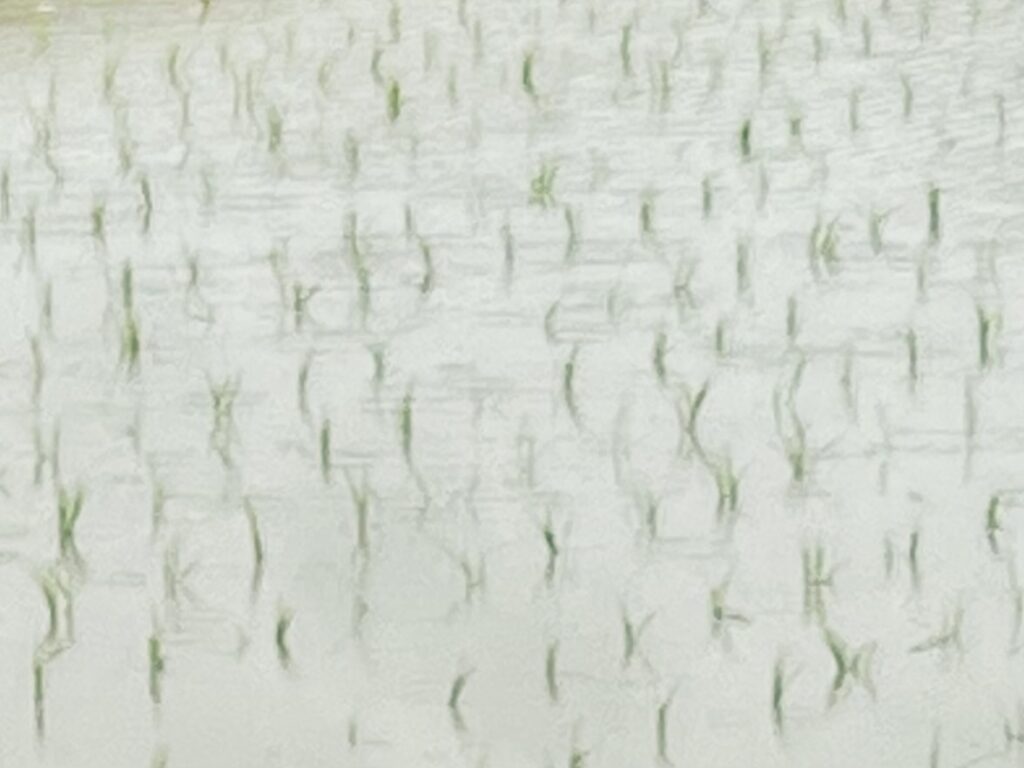Already a year has past since I in front of an open window enjoyed the rice frogs sining in the rice fields for the first time. And this year I have so come to love these fields – they feel like home. From the window I have been following them going from brown patches of dirt to water filled pools nurturing green rice plants. From our walks, my son and I have studied the landscape as it has been changing these past few weeks in June. The roads we are walking are covered in dirt from the tractors working the fields, the fields are getting filled up with water, and I am wondering at the landscape engineering behind it all.

If I would have been born in Japan in those days when the planning of the irrigation system for the rice fields were being made, I can very well imagine myself spending my days as a engineer considering the construction of dams, waterways and drains. The elaborate system seen on the mountainsides here fascinates me greatly – it is manmade beauty. There are dams hidden away everywhere, there are small almost undrivable roads leading far into the mountains, and the work to create ditches with blocks of stones is equally impressive to the stone walls between the crop fields in the south of Sweden, where the farmers in the olden days, before the tractor was invented, spent their days using ox to remove stones from the fields to make them able to use for crops.
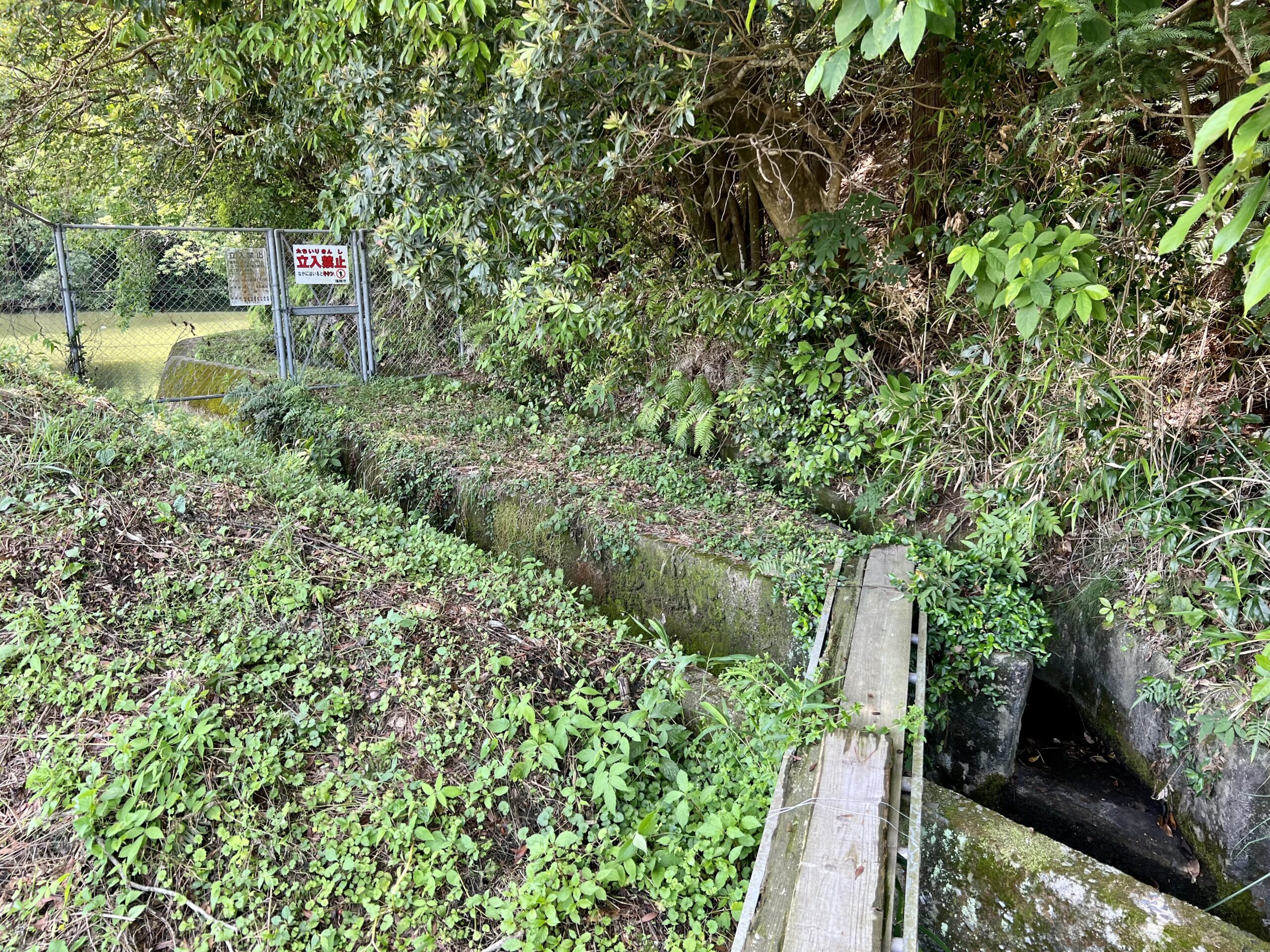
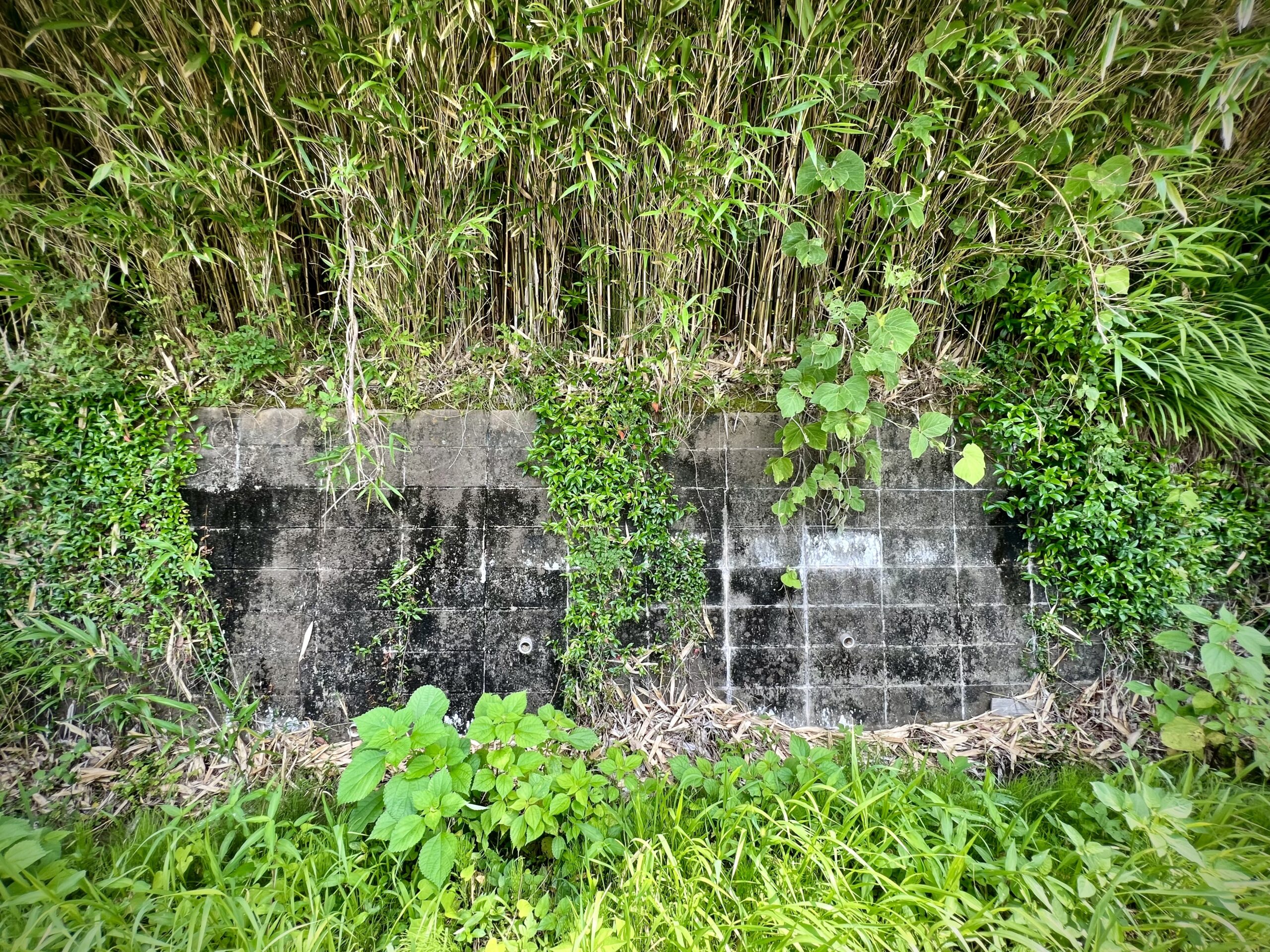
The rice fields are lying i plateaus, and on the side of there are the small irrigation canals connecting them. One by one, they are filled with water, the canal being redirected to enter the field instead of continuing downhill. And when they are filled, the tractor comes, and then the little green rice plants are lined up in rows making the fields a gridded pond for me and my son (but most of all for the sining frogs) to enjoy. Looking at the ricefields and dams and network of irrigation and drainage canals feels like looking at the world in miniature; it is all there, all aspects of life, everything essential in the cycle of being – water, light, carbon-based lifeforms and love.
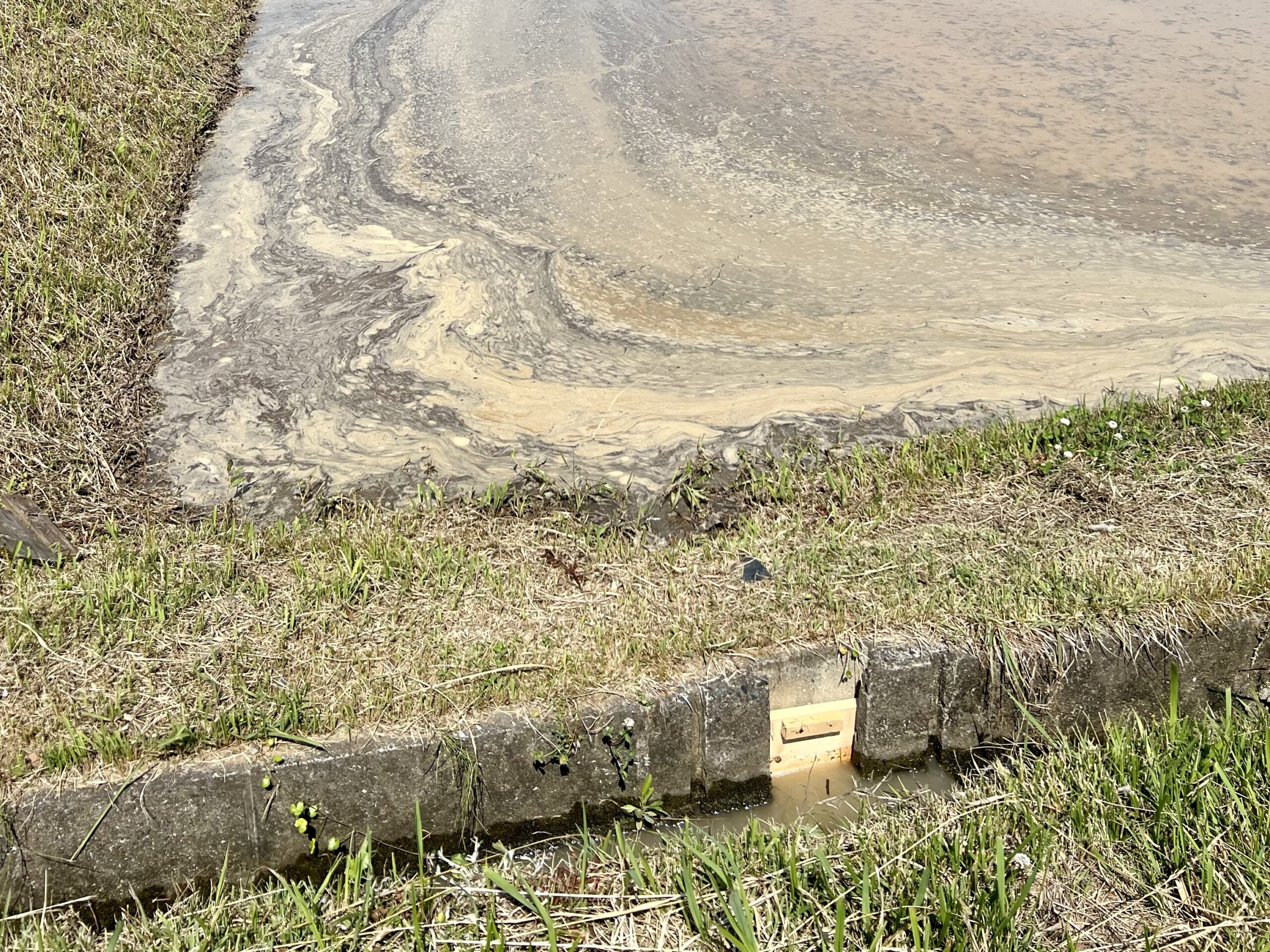
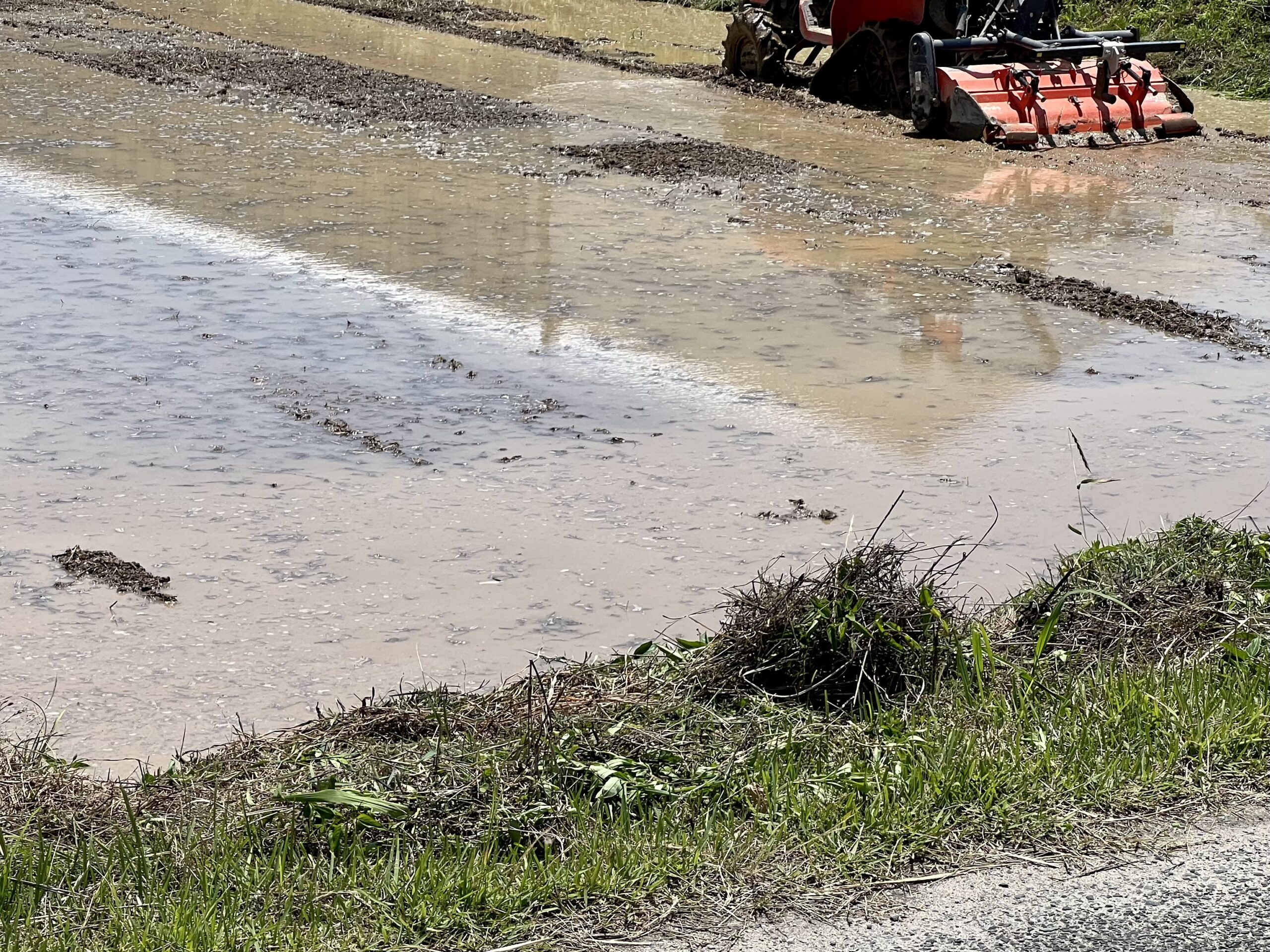
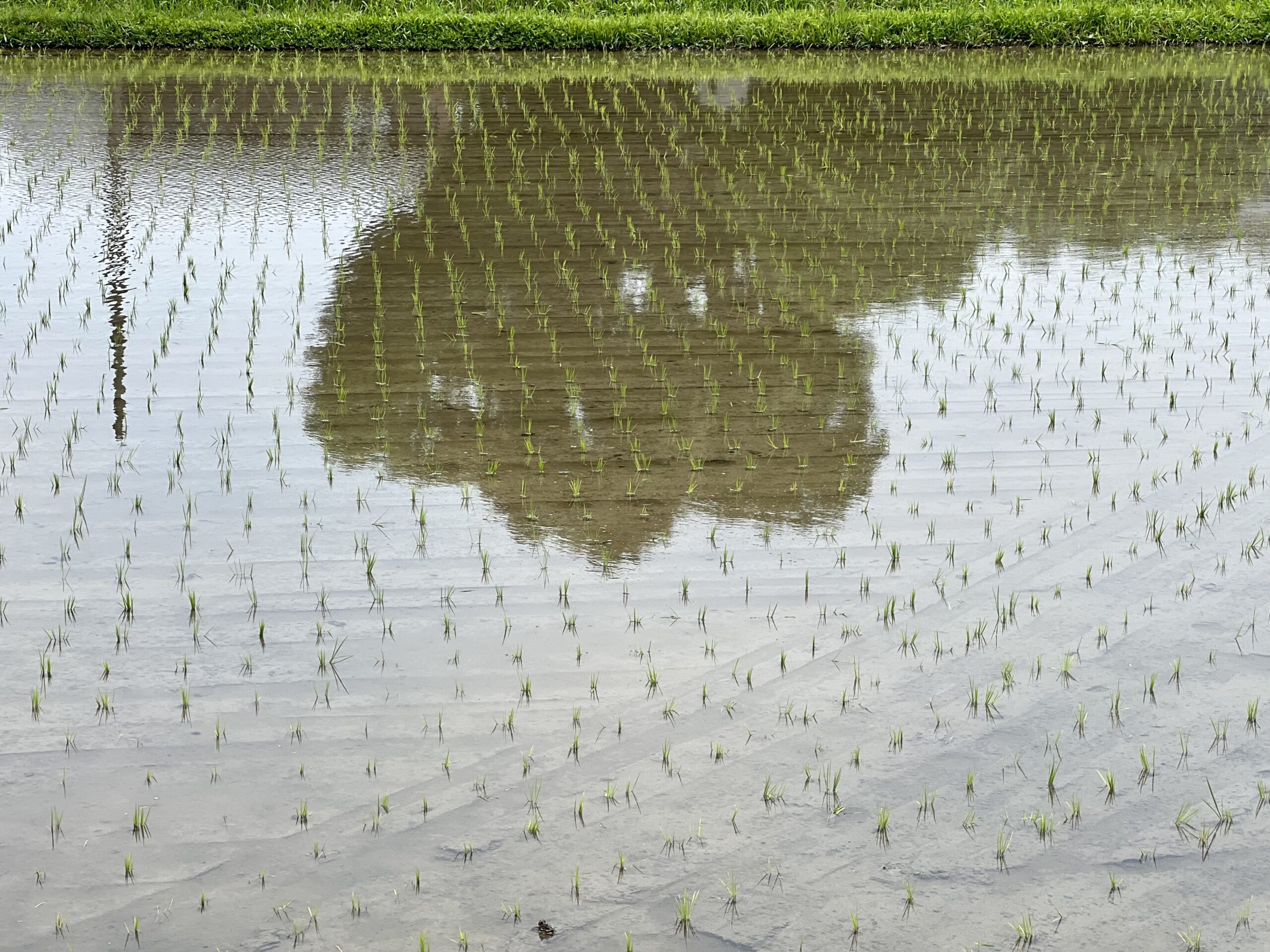
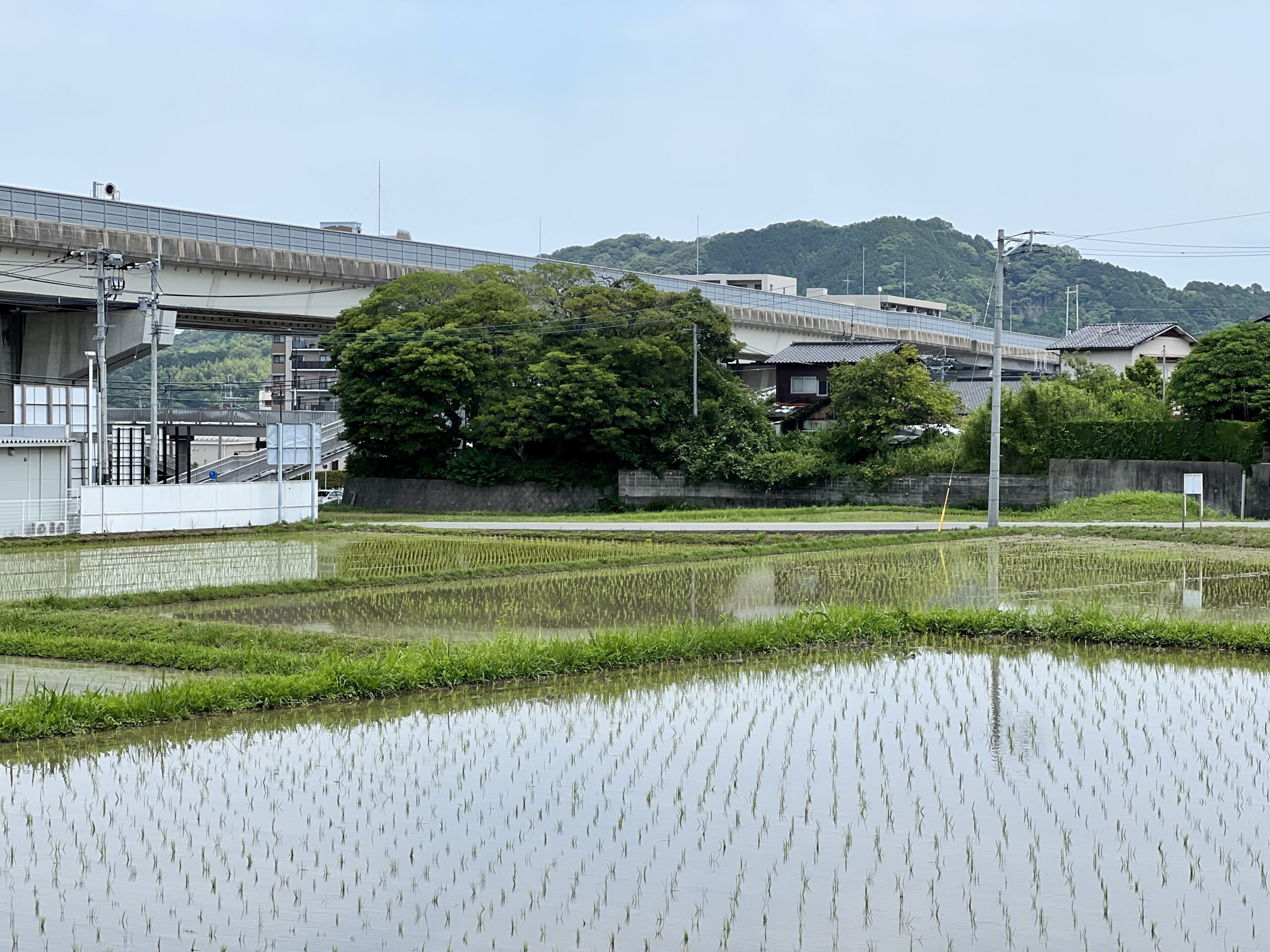
Japanese rice has become what potatoes were to me when living in Sweden – the base of culinary life (in Sweden it is said that it is not healthy to eat rice every day – I try to focus on that Japanese people have a quite long life expectancy instead). Most other foods are accents that complete, essential but on their own without real meaning. I think my son agrees with me (though I sometimes wonder what would have happened if he had been born in Sweden instead – his least favorite food is potatoes). Without rice, life here would cease to exist in the form it takes now.
All in all – maybe it is not so strange that I feel myself being drawn to the rice fields. There are so many poetic qualities in them that I have yet to discover and I have a feeling that I one year from now will come back with a new comment on the singing fields when I once again am sitting in front of the open window waiting for the rain season to begin, listening to the frogs, thinking about irrigation canals and the poetry of rice.
Share this story:

